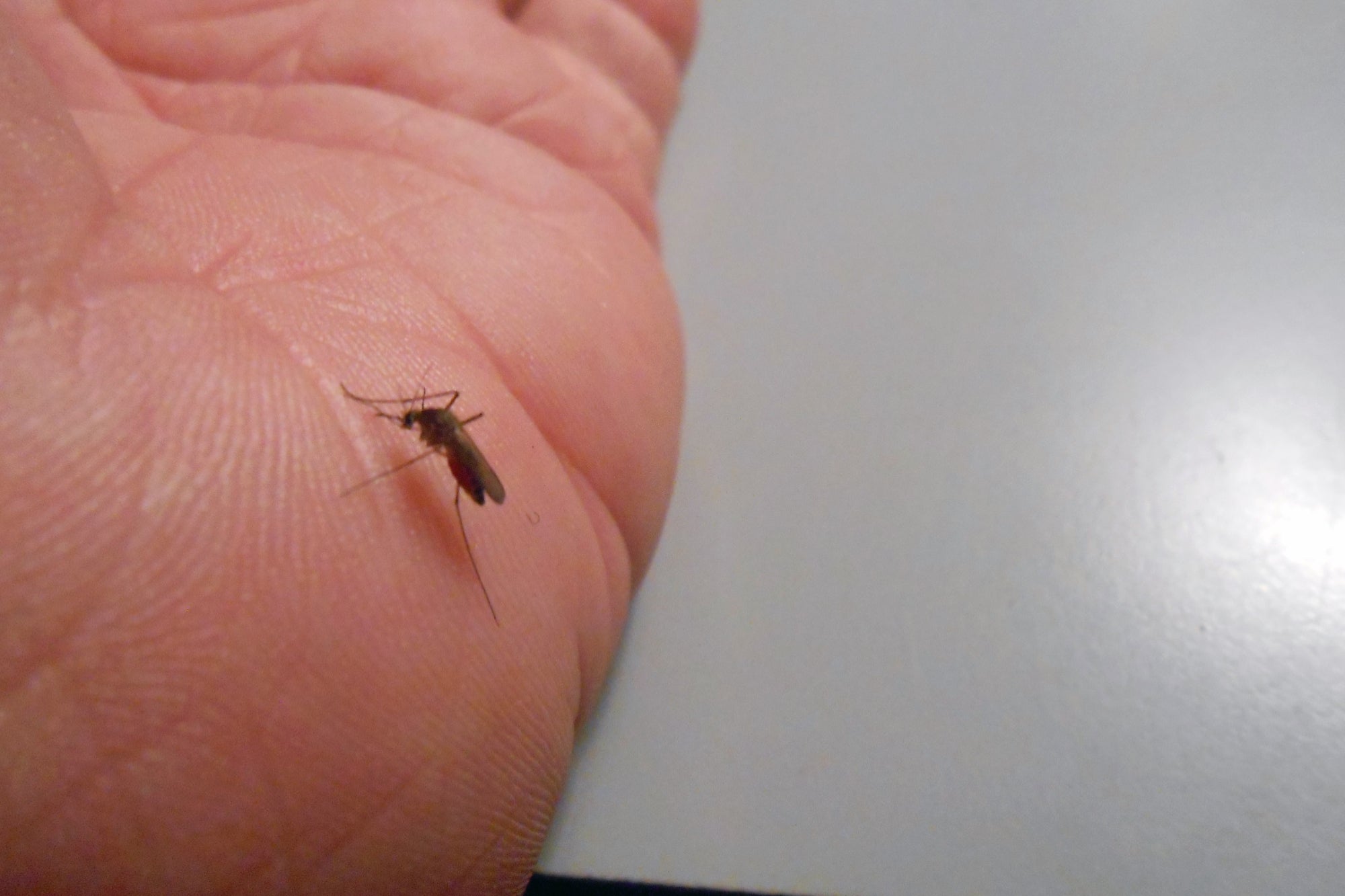Florida Begins Release of Genetically Altered Mosquitoes to Prevent Spread of Zika If the first stage of the program works, up to 750 million mosquitoes could be released in the United States.
By Eduardo Scheffler Zawadzki Edited by Eduardo Scheffler Zawadzki
This article was translated from our Spanish edition.

Since 2016, Zika , a disease transmitted by a virus that spreads an invasive species of mosquito, has plagued various regions of the world, including areas of Florida and Texas in the United States. In May 2020, the Environmental Protection Agency (EPA) approved a program to release millions of genetically altered mosquitoes that, in theory, will help reduce the population of female Aedes aegypti specimens, the species that carries the virus.
In 2016, the disease became a public health issue throughout the world and caused multiple cases of a condition called microcephaly, in babies of women who were infected during pregnancy. Infected babies were born with smaller heads than expected due to partial collapse of the skull and limited movement in some of their joints. The Zika virus has spread to more than 30 countries, including Bolivia, Brazil, Guatemala, Honduras, Venezuela, El Salvador, Mexico, and parts of the United States.
This week the first step was taken in a program that, if successful, could culminate in the release of up to 750 million genetically altered flies that would help control the spread of the disease. The first phase will last 12 weeks and will consist of introducing up to 12,000 genetically modified eggs in small areas. In theory, the specimens that hatch from these eggs are capable of transmitting a gene that only kills the females (they are the ones that bite and infect people) before they reach adulthood and start biting.
If this first phase of the project devised by the Oxitec company works, up to 750 million mosquitoes could be released throughout Florida.
CRITICISM AGAINST THE OXITEC METHOD
Although the so-called Oxitec method represents an alternative to fumigation using insecticides, as the problem has traditionally been attacked, it has received strong criticism from activists and environmentalists. They argue that the altered specimens have not been extensively tested and fear unintended consequences, as well as describing the experiment as "Jurassic Park"-style.
Oxitec, for its part, assures that in the regions of Panama and Brazil where it has carried out tests, the presence of the contagious insect has been reduced by up to 95%.
Aedes aegypti not only spreads the Zika virus, but also other diseases such as yellow fever and dengue fever. Despite criticism, genetic modification of species that spread diseases is increasingly seen as a real option to control them.









